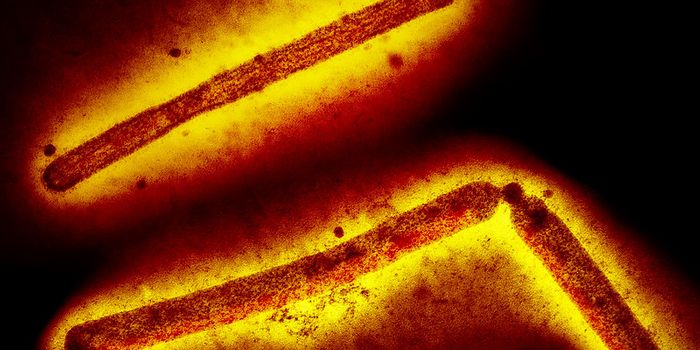A yeast infection was the root cause in the failure of the first uterus transplant in the US, doctors reported. The transplanted organ was removed last month on March 8 with little details as to the “sudden complications” that
necessitated the removal. After a month of extensive pathology review, doctors determined a strain of yeast,
Candida albicans, was responsible.

“Preliminary results suggest that the complication was because of an infection caused by an organism that is commonly found in a woman’s reproductive system. The infection appears to have compromised the blood supply to the uterus, causing the need for its removal,” per a statement from the Cleveland Clinic.
The uterus transplant was designed to give women who lack functioning uteri to have a chance at pregnancy, and involves transplanting wombs from deceased donors into healthy female candidates. The donated organ then has to recover for 12 months before the woman attempt to conceive a baby via in vitro fertilization (IVF). As every transplant procedure carries great health risks, doctors were careful to monitor every step of this operation. However, they admitted the yeast infection was not one they had forseen. "We were watching her very closely. This presented in such an insidious way that it was a surprise," said Andreas Tzakis, surgeon lead for the procedure at Cleveland Clinic.
The first recipient, Lindsey McFarland, was reported to be doing well on March 7, two weeks after the landmark procedure. However, just one day later, she experienced heavy bleeding at the incision site, and upon further investigation, the team found a fungal infection had extended to an artery that provides blood to the uterus. In addition to bleeding, the infection damaged blood vessels and induced clots, making the situation life-threatening for McFarland.
"The complication was an infection with a fungus called
Candida albicans, which is ubiquitous in a lot of parts of the body, particularly female organs," said Tzakis. "Normally it resides in people without causing a problem. If someone is immunocompromised it can cause an infection," he said. In the case of transplant recipients like McFarland, her body was unable to fight the infection because of the antirejection drugs she was required to take. Without prompt removal and treatment for the infection, the yeast could have spread to her bloodstream and been fatal. It is not known where the source of the infection originated.
McFarland was part of Cleveland Clinic’s trial that’s planned for 10 eligible women to receive transplanted uteri. In light of this recent outcome, the team is holding off on additional transplants until they are confident in a new plan to prevent such incidence from recurring.
“There is an ongoing review of all the data and the team is modifying the protocol to reduce the chances of this complication occurring again in the future. The health of our patient is and has always been our primary concern,” per a statement from the Cleveland Clinic.
Some options being formulated include pre-washing with antifungal solutions for both donor and recipient tissues. In addition to these concerns, doctors are also taking extra precautions in light of the recent Zika epidemic, tightening their screening protocol to minimize Zika-related complications.
Additional sources:
NY Times,
CNN









